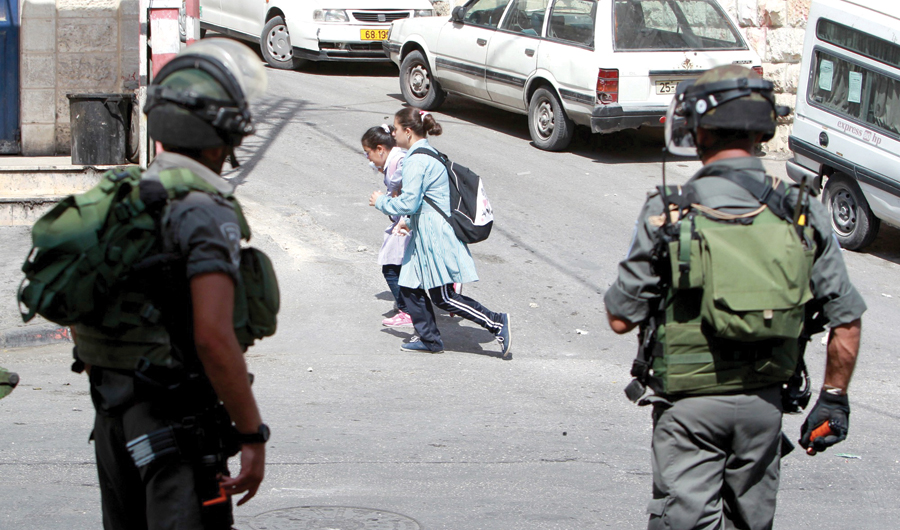Netanyahu rejects corruption allegations in live address to Israel
JERUSALEM: Israeli Prime Minister Benjamin Netanyahu, contesting an April election under the shadow of possible corruption charges, demanded on Monday to confront the state’s witnesses against him.
Announcing on Twitter, three hours beforehand, that he would make a “special announcement” on Israeli TV, Netanyahu — now in his fourth term — touched off a wave of social media speculation that he might resign or even launch legal action of his own to try to stay any indictment.
Instead, he kicked off Israel’s main TV evening news programs with an anticlimactic speech in which he again professed his innocence in a series of corruption cases. He contended he was a victim of a political witchhunt and said he was being denied the chance to challenge his accusers face-to-face.
“I demand a confrontation with the state’s witnesses now. What are they afraid of? What do they have to hide? I am not afraid and I have nothing to hide…As far as I am concerned it can be broadcast live, so the public can see and hear it.”
In response, Israel’s Justice Ministry said the investigations against Netanyahu — who is now in his fourth term — have been carried out professionally and thoroughly.
Netanyahu’s calling of the snap election, ahead of a national ballot due by November, was widely seen as a direct appeal to voters for a fresh political mandate that could help him weather a potential indictment.
Netanyahu, who heads the right-wing Likud party, said investigators had twice turned down his requests to confront the witnesses. At least three ex-Netanyahu confidants have agreed to provide evidence against him, Israeli media reports said.
Netanyahu is enmeshed in three graft cases. He has said he would not bow out of the election race if Israel’s attorney-general announces his intention to accept police recommendations to indict him.
Should he decide on an indictment, the attorney-general would, under Israeli law, then hold a hearing with Netanyahu in which the prime minister and his lawyers could make their case against filing charges in court.
There has been mounting speculation in Israel that an indictment decision will be announced in the next few weeks, before election day.
Police have alleged that Netanyahu granted regulatory favors to Israel’s leading telecommunications company, Bezeq Telecom Israel, in return for more positive coverage on a news website belonging to the firm’s owner.
In a second case, police contend that Netanyahu received expensive gifts from wealthy friends. A third investigation focuses on suspicions that Netanyahu negotiated a deal with one newspaper for better coverage in return for promises to back legislation that would have limited the circulation of a rival.

Netanyahu takes aim at graft probes ahead of Israel pollsIsraeli PM Netanyahu rules out resignation if prosecutors move to indict him



